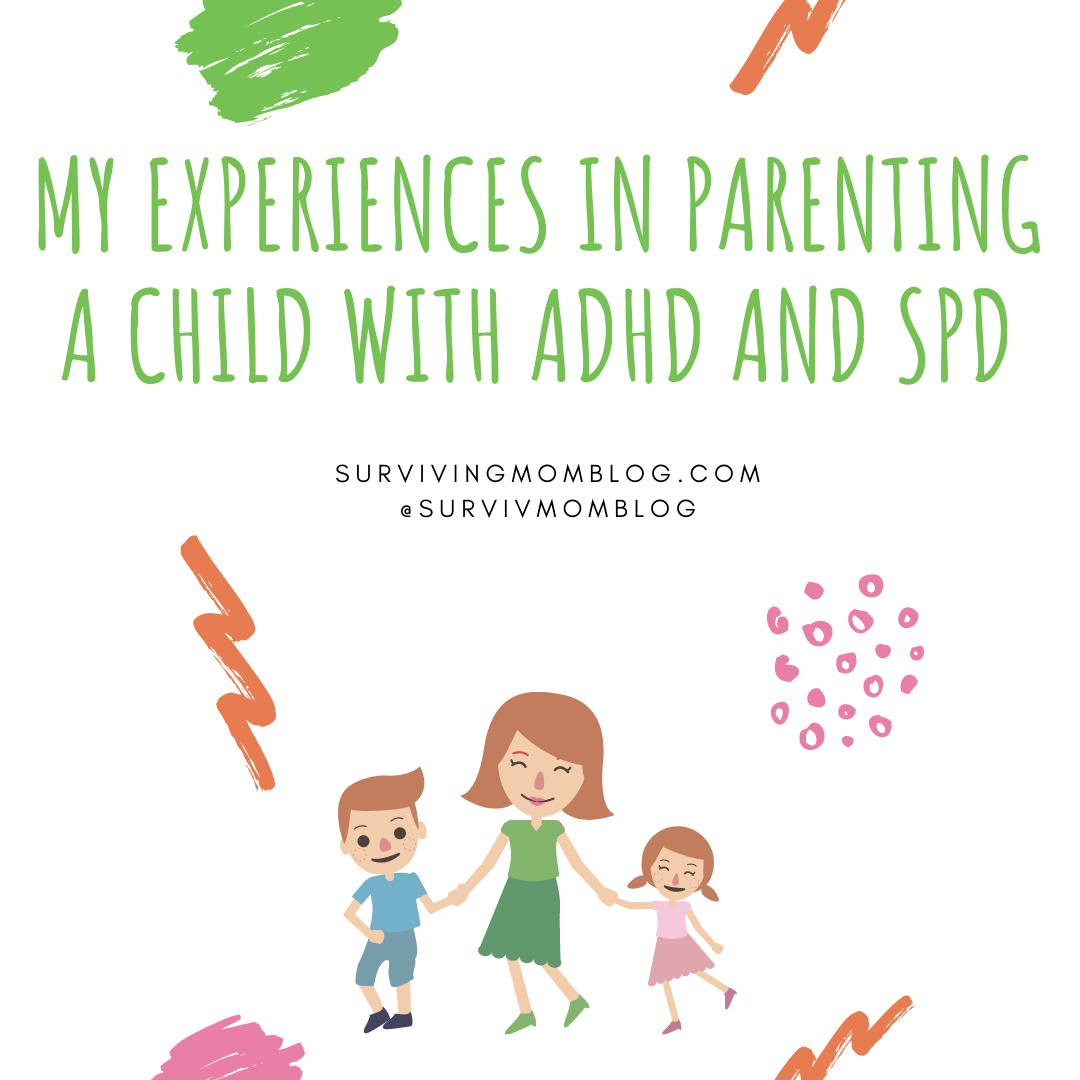
Imagine this scene: You are shopping at a grocery store, and you see someone nearby (pre-COVID, of course). That person watches your daughter touch various items in the aisle. You try to stop your child, and remind her that she can look, but cannot touch. As you push your cart, your daughter starts running ahead even though you tell her to hold your hand. The person who is watching then shakes their head and mutters something about a wild child. This is a mere glimpse into my life of parenting a child with Attention Deficit Hyperactivity Disorder (ADHD) and Sensory Processing Disorder (SPD).
“Parents who have children with special needs, also have special needs. They need to know more than the average parent. Need to do more than the average parent. They need more patience than the average parent, and so much more.” (Parents Supporting Parents).
parenting my child with adhd and spd
The scenario I described at the top is not at all shocking for a parent of a child with ADHD and SPD. The constant struggle to support our children is something that is an everyday part of our lives. Even worse, surveyors assume our children are spoiled and not properly parented.
This makes us feel shame, not only because we feel we are failing as parents, but because our children are being judged.
The purpose of this post is not to discuss strategies, although I’ve used many, which you can find here and here. On behalf of every parent who has a child with special needs, I am giving a glimpse into my experiences with my child who has ADHD and SPD. It is important to remember that “No two kids with ADHD are exactly alike. Their symptoms can vary in type and severity… ADHD isn’t an all-or-nothing thing.” (understood.org, 2014).
My hope is that sharing some of my obstacles will make other moms feel less alone and judged by others. Knowledge is the foundation for awareness and advocacy. My aspiration is that we spread awareness to those who do not understand these challenges.
lack of impulse control and emotional regulation skills
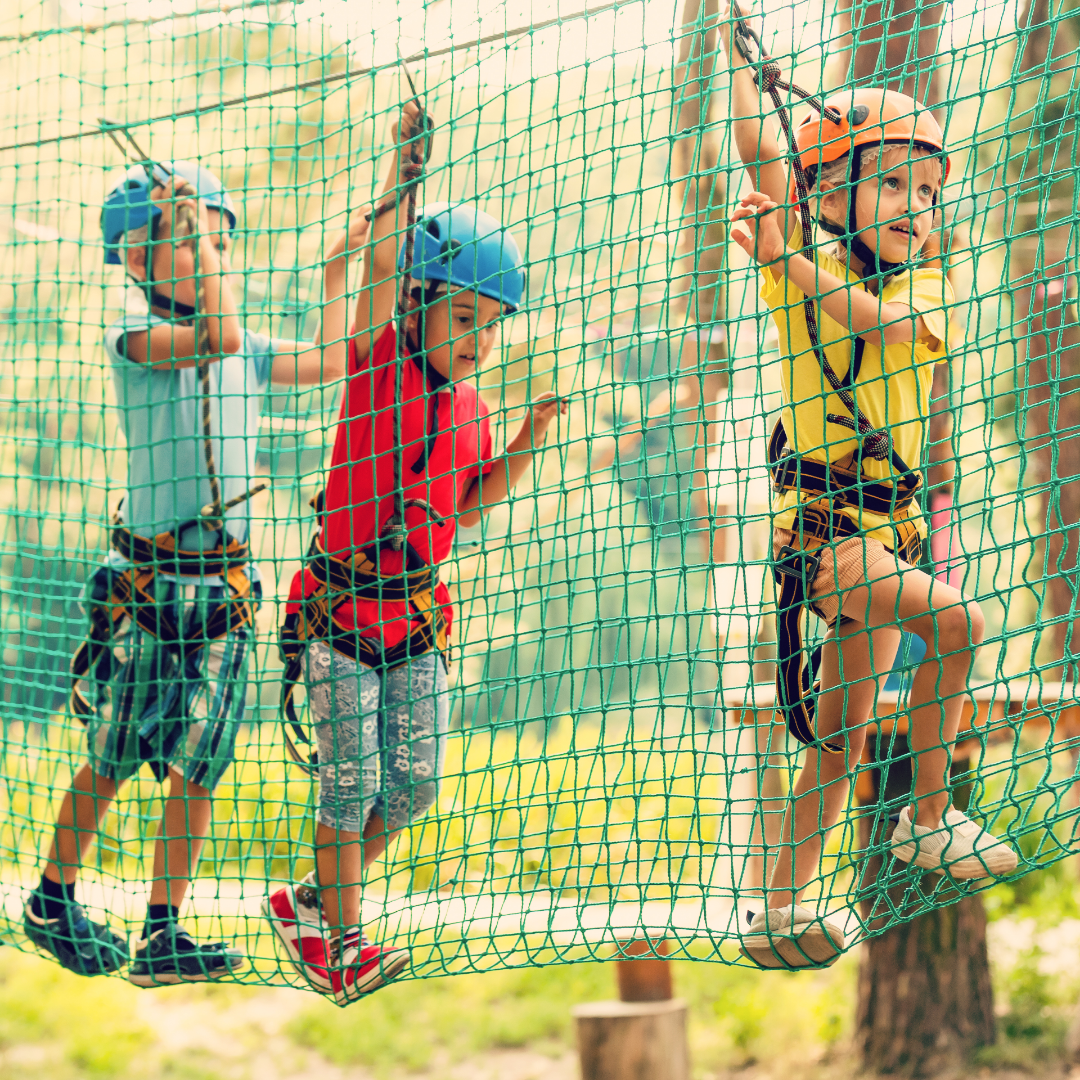
One of the biggest challenges I face is my child’s lack of impulse control. Brielle needs constant monitoring. She has hurt herself several times because she runs down the stairs. Also, Brielle jumps off couches, is unable to take a shower by herself because she tries to jump and run in it, and throws herself backwards in chairs. She already fell backwards twice, but fortunately wasn’t hurt (although I aged ten years each time). Many times she went down the stairs at night and jump on the countertops. I continue to have a baby gate at the top of the stairs for my 8-year-old daughter. Whereas other children would learn from these painful mistakes, Brielle continues to put herself in danger.
Emotional regulation for Brielle is also a huge obstacle.
She perseverates on things that cause her to worry and feel sad. Using emotional regulation tools is very helpful, but she still fixates on things and needs extra support to process her feelings and move past them. “Kids with ADHD don’t have the same capacity to manage their emotions. If they don’t have it, how do you expect them to do it? How do you expect them to respond to what you’re asking them to do? It’s like they can’t win.” (Dr. Dawn K. Brown, MD, ADHD Wellness Center, 2016).
As I illustrated in my earlier scenario, taking Brielle with me on errands is a recipe for disaster. She is overly stimulated by all the things in the store and wants to touch everything. Due to her short attention span, she gets very frustrated when having to stay next to me and walk calmly. I only bring her for quick errands while providing redirection and encouragement. If my errand requires me to talk to a cashier or salesperson, Brielle will get restless and try to run around.
parenting a child with adhd who has endless energy and craves sensory stimulation is very difficult
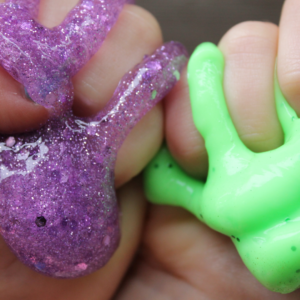
Brielle plays outside every day as an outlet for all her energy. However, when playing in the yard, she runs up the driveway towards the street despite my consistent reminders. She tries to take her scooter and sit on it instead of standing. She’s fallen down the driveway on multiple occasions.
Brielle craves sensory stimulation.
She is always seeking out “more.” I am fearful at parks because she climbs up objects without looking where she is putting her feet. She jumps off of high places (I will never forget the time I had to catch her when she walked off a beam midair), and runs around without looking to see if any object can hit her. As a result, I can’t sit at a park and relax. It is imperative that I am hyper alert everywhere. Looking away for a few seconds is the difference between safety and disaster.
From morning until night, Brielle is always on the go. That means that from the moment she wakes up, she is immediately energized. She goes from 0 to 100. No matter my exhaustion or mood, I have to be alert. There is simply no laying low with her.
lack of focusing and difficulty playing independently
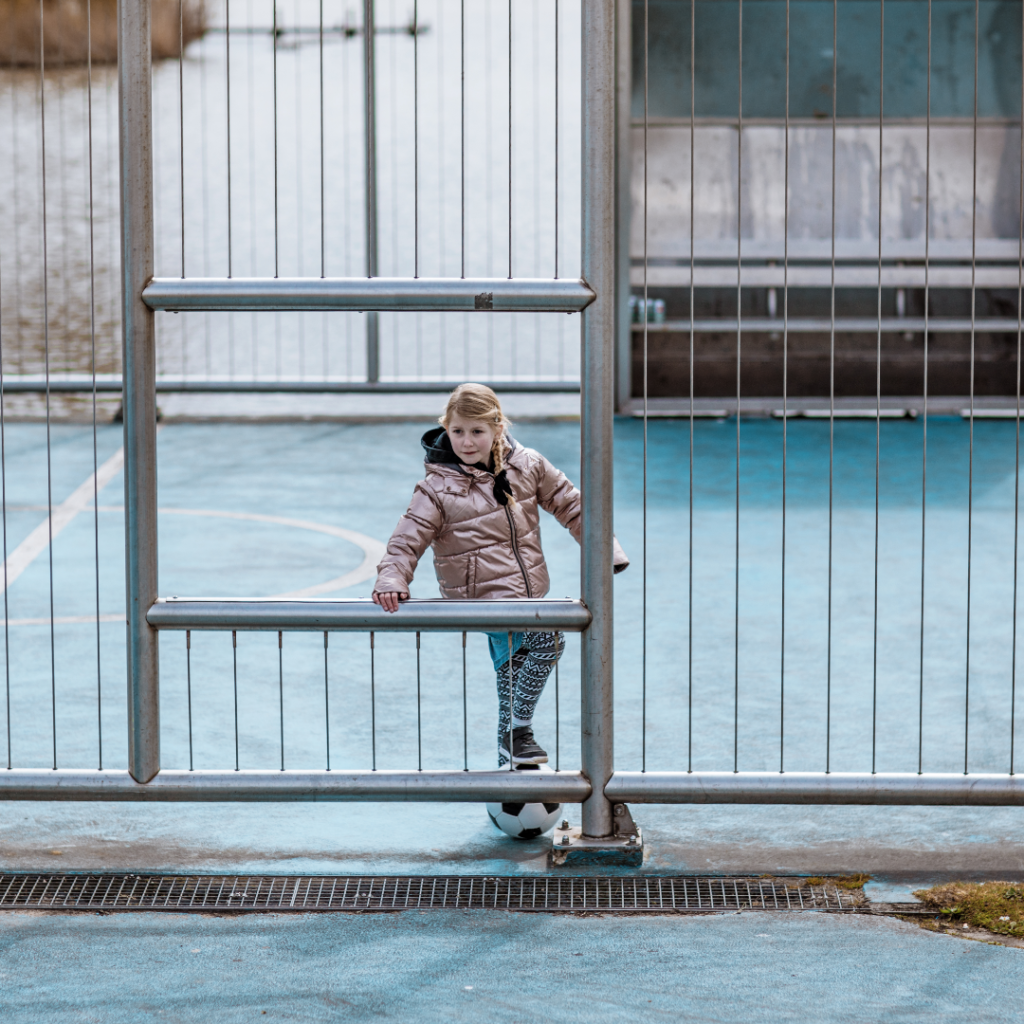
Every day Brielle loses her stuff because she is always on the go. She doesn’t remember where she puts her things, so keeping her stuff organized is a must. When she had dance class, there was always at least one item missing. As a result, I had to go on a scavenger hunt with her to find her shoes, her leotard, or her tights.
Brielle rushes through activities and moves on to something else very quickly.
She needs numerous reminders to stop and clean up before going to another activity. She will leave papers on the floor, clothes on the bed, and toys all over unless she is redirected.
Playing independently is a huge challenge for her because using her imagination requires higher level thinking. She has difficulty coming up with safe ways of playing independently due to her sensory issues and impulsivity. I limit her choices to only a few items when she does “quiet time,” and I check in on her regularly. When I haven’t checked on her, she’s done things such as jumping into the tub and turning on the water, spilling water all over the floor, and/or going into closets and taking things out.
Due to her lack of impulse control, she will interrupt and tap me when I am in the middle of something. I cannot look at my emails, talk on the phone, or have a conversation without Brielle trying to get my attention or get into something if I am preoccupied.
Boredom in a child with ADHD and SPD equals trouble. She has gone into my room and looked inside my drawers, in my closets, and through my jewelry. There have been many incidences where she accidentally shattered hung pictures on walls and items on floors because she is running around. I give verbal and visual prompts that she needs to wait for her turn, but this is something she struggles with daily. What may appear to others as being demanding or a troublemaker is actually a child who struggles with delayed gratification. Brielle always acts before she thinks.
inattention and executive functioning
Brielle has difficulty focusing and learning, as well as executive functioning issues. She has an IEP because she needs constant redirection, individualized instruction, and the use of multiple prompts to learn new information. There are times when she is unable to grasp new material because of her processing issues and poor memory.
She has a different learning style than others, but that does not mean she can’t learn.
Brielle has difficulty sleeping because of her sensory issues with her bladder. She will have accidents because it doesn’t register that she has to go to the bathroom. Most often, she uses the bathroom every few minutes because she is overly sensitive to the sensation.
Brielle’s body doesn’t register exhaustion like other kids, so she becomes hyperactive (more than usual) when she gets overtired. She also has difficulty falling asleep because her body and mind won’t quiet down. As Sarah Young explained, “Living with ADHD is like being locked in a room with 100 televisions and 100 radios all playing. None of them have power buttons so you can turn them off and the door is locked from the outside.”
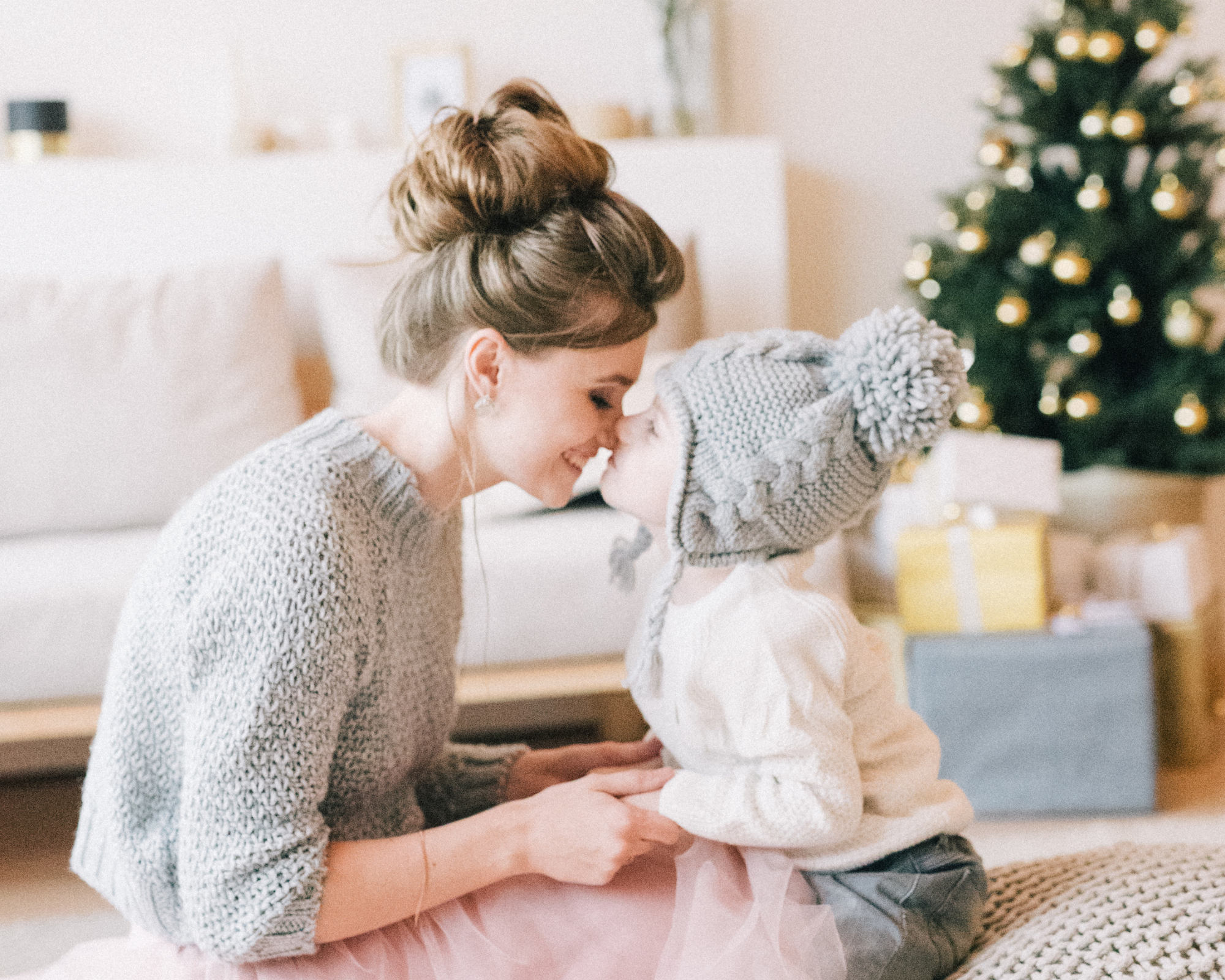
There are many ways of supporting kids with special needs, and Brielle has made huge strides.
She is not defined by her ADHD and SPD; rather, she is a smart, funny, sweet, loving, sensitive girl who has ADHD and SPD.
( ourADHDstory.com, 2014).
Disclaimer
This post may contain affiliate links. If you purchase a product via my link I may receive a small commission at no additional cost to you. Please visit our disclaimers here
Tomasz Michałowski says:
I simply want to mention I am very new to blogging and site-building and really liked this web blog. Very likely I’m likely to bookmark your blog . You actually come with good writings. Appreciate it for sharing with us your blog site.